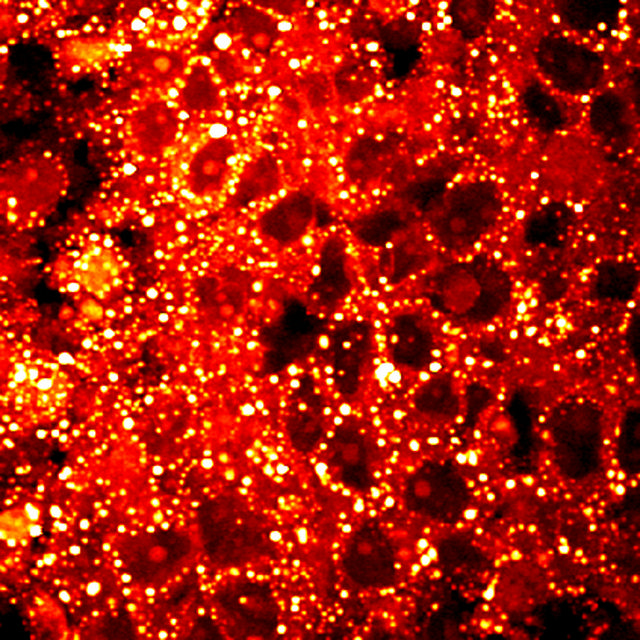
The NIH and the Prostate Cancer Foundation (PCF) said today they have launched a study designed to investigate environmental and genetic factors related to aggressiveness of prostate cancer in African-American men, to better enable personalized treatments.
The $26.5 million RESPOND study (for Research on Prostate Cancer in Men of African Ancestry: Defining the Roles of Genetics, Tumor Markers, and Social Stress) is intended to help explain why African-American men disproportionally experience aggressive disease compared with men of other racial and ethnic groups. Two NIH institutes are working on RESPOND, the National Cancer Institute (NCI) and the National Institute on Minority Health and Health Disparities (NIMHD).
According to the NIH and PCF, African-American men have about a 15% chance of developing prostate cancer in their lifetimes, compared to about a 10% chance for white men. The risk of dying from prostate cancer for African-American men is about 4% compared to about 2% for white men.
“This large, collaborative study can help the cancer research community better understand and address these disparities,” NCI Director Ned Sharpless, M.D., said in a statement. “Understanding why African-American men are more likely to be diagnosed with aggressive prostate cancer than men of other racial and ethnic groups is a critical, unanswered question in cancer disparities research.”
Investigators aim to enroll 10,000 African-American men with prostate cancer into RESPOND. Participants will be identified primarily via NCI’s Surveillance, Epidemiology, and End Results (SEER) Program and the Centers for Disease Control and Prevention (CDC)’s National Program of Cancer Registries.
The investigators will examine possible associations between aggressive disease and exposures to neighborhood/environmental stress factors that include discrimination, early-life adversity, and segregation. They will also study DNA and tumor samples to identify gene variants associated with aggressive prostate cancer. Once researchers have identified genetic changes associated with aggressive prostate cancer, they will study how the social environment interacts with those genetic changes, the NIH said.
“This study, which is combining state-of-the-art molecular approaches with social and environmental science, will help unravel the complex interactions of biological, behavioral, and environmental factors that contribute to excess prostate cancer burden and poorer outcomes in African-American men, allowing development of tailored approaches for prevention, diagnosis, and treatment in this population,” stated NIMHD Director Eliseo Pérez-Stable, M.D.
Christopher Haiman, Sc.D., of the University of Southern California (USC) will lead the RESPOND study. He will work with three other USC researchers—John Carpten, Ph.D., Ann Hamilton, Ph.D., and David Conti, Ph.D.—as well as Scarlett Gomez, Ph.D., of the University of California, San Francisco; Tamara Lotan, M.D., of Johns Hopkins University; and Franklin Huang, M.D., Ph.D., of Dana-Farber Cancer Institute.
NCI’s Division of Cancer Epidemiology and Genetics will perform genotyping, while the Center for Inherited Disease Research at Johns Hopkins will conduct DNA sequencing for the genetic component of the study. NCI’s Division of Cancer Control and Population Sciences is administering the study grant, whose funding comes from the 21st Century Cures’ Cancer Moonshot initiative, which has been authorized for $1.8 billion over seven years.
The study follows years of research collaboration involving investigators who are part of the African Ancestry Prostate Cancer (AAPC) consortium. They will contribute additional information and samples from the 10,000 African-American men with prostate cancer.
De-identified data and samples collected as part of RESPOND will be made available to the scientific community, the NIH and PCF said.
“No group in the world is hit harder by prostate cancer than men of African descent, and, to date, little is known about the biological reasons for these disparities, or the full impact of environmental factors,” said Jonathan W. Simons, M.D., PCF’s president and CEO.
Launched in 1993, PCF has committed itself to accelerating development of new treatments, and ultimately a cure, for prostate cancer as quickly as possible.
“We celebrate our partnership and applaud NIH for spearheading this study, which we believe will help pave the way for groundbreaking discoveries that will improve health equity for African-American men and their families,” Dr. Simons added.













